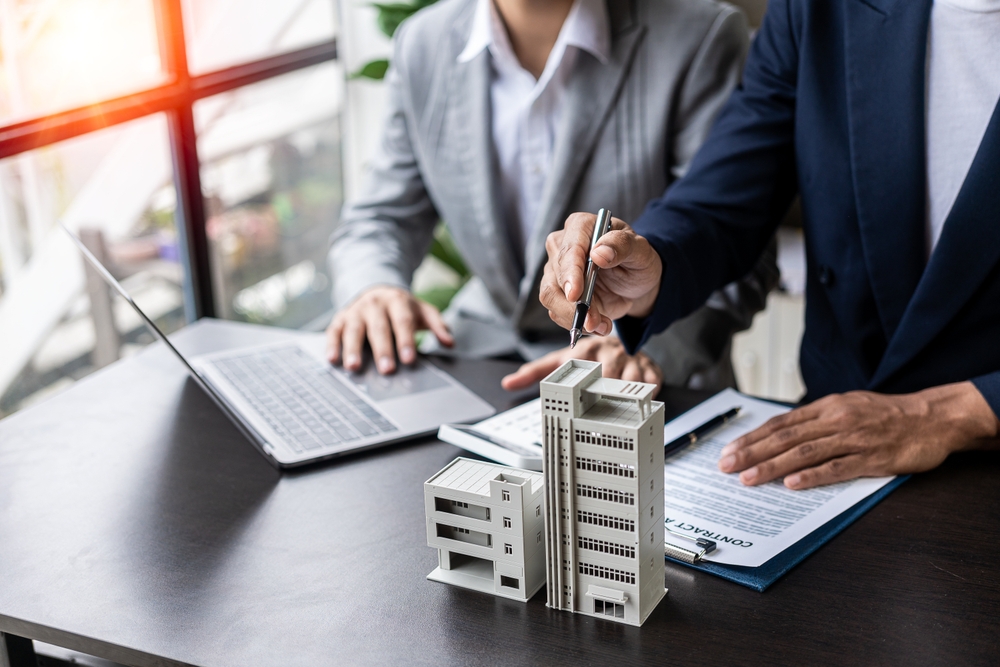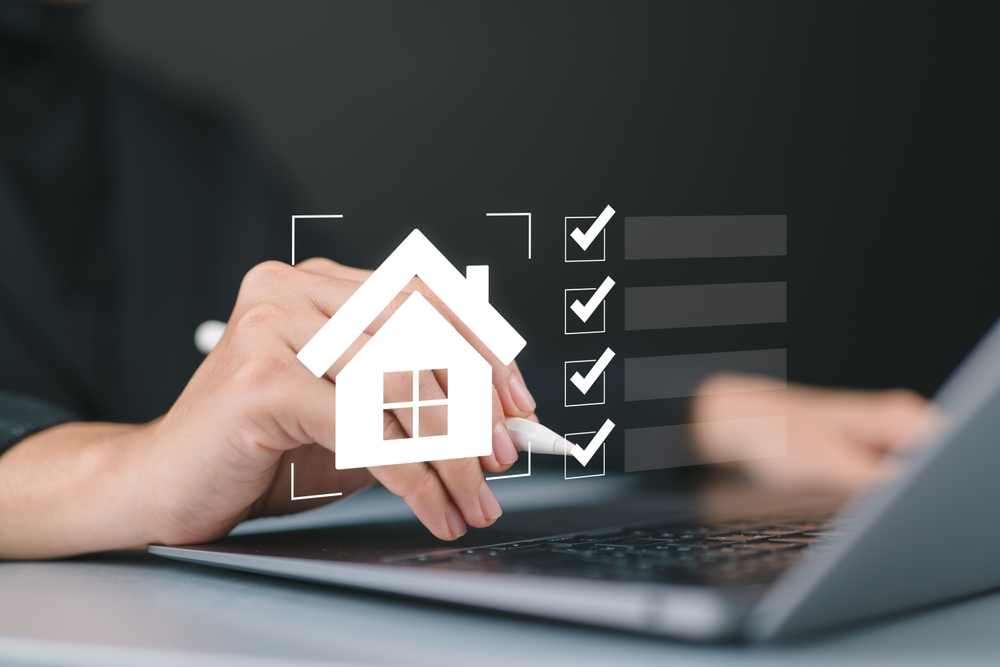
By carefully inspecting potential homes and considering various factors, you can ensure that you choose a place where you'll be comfortable and satisfied. This article will guide you through key aspects to examine when viewing a rental property, from the location to the lease terms and everything in between.
Location is arguably one of the most crucial aspects to consider when choosing a rental property. First, consider the property's proximity to your workplace, schools, and essential services like grocery stores, hospitals, and public transportation. Living close to these facilities can save you considerable time and commuting costs.
The safety of the neighborhood is another paramount consideration. Research crime rates and talk to potential neighbors to get a sense of the area. Lastly, consider the noise levels and traffic in the neighborhood. Some people are comfortable living in bustling areas, while others prefer quieter, residential neighborhoods.
The exterior of a property can tell you a lot about its maintenance and upkeep. Check for any visible damages or signs of neglect. Examine the roof, walls, windows, and doors for any cracks, leaks, or signs of wear and tear.
Parking is another crucial factor, especially in urban areas. Determine whether the property has a dedicated parking space and whether it's sufficient for your needs.
If the property includes outdoor spaces, like a garden, balcony, or patio, consider their condition and how you might use them. Also, check whether these areas are private or shared, depending on your preference.
When inspecting the interior, first look at the size and layout of the rooms. Make sure the space can accommodate your furniture and fits your lifestyle. For instance, if you work from home, you might need an extra room as an office.
Natural light and ventilation are also essential for a healthy living environment. Check the placement and size of windows and whether they provide sufficient light and airflow.
Storage is another important factor. Ensure the property has enough storage space for your belongings, such as closets, a pantry, or an attic.
The condition and functionality of amenities and appliances in the property are also key considerations. This includes kitchen appliances, heating and cooling systems, laundry facilities, and more. Check if these are in working condition and up to date. If any appliances are missing or not working properly, find out if the landlord will replace or repair them before you move in.
Also, consider the property's internet and cable readiness, especially if you rely on these services for work or entertainment.
Understanding the lease agreement thoroughly is crucial. Make sure the lease terms are clear, fair, and meet your needs. This includes the duration of the lease, the policy on renewals, and any restrictions.
The rent amount and payment terms should align with your budget. Determine when the rent is due, acceptable payment methods, and the policy on rent increases.
Be aware of any additional fees you might be responsible for. This can include utilities, maintenance costs, pet fees, parking fees, and others. Make sure these costs are clarified in the lease agreement.
The landlord or property management's responsiveness and professionalism can significantly impact your rental experience. It's important to ensure they are approachable, respectful, and responsive to tenants' needs.
Understand their policies on maintenance and repairs. Ideally, they should handle major repairs and regular maintenance tasks promptly.
You can also get valuable insights by inquiring about the tenant turnover rate and the general satisfaction level of current or previous tenants. High tenant satisfaction and low turnover rates often reflect good management practices.
It's crucial to be aware of your legal rights and responsibilities as a tenant. The lease should clearly state the terms of the security deposit, including its amount and conditions for refund. Ensure that the lease agreement complies with local and state housing laws. If you have any doubts or concerns about the lease terms, consider seeking legal advice before signing.
While your current needs are important, don't forget to consider your future needs. If you anticipate changes in your lifestyle or family situation, make sure the property can accommodate those. For instance, if you plan to adopt a pet, ensure the property allows it. If you expect a family member to move in with you, ensure there's sufficient space.
Conclusion: Selecting a rental property is a significant decision that requires careful consideration. By taking the time to thoroughly inspect each property and evaluate its location, condition, lease terms, and management, you can find a place that fits your needs and offers a comfortable living environment. Remember, it's not just about finding a place to live; it's about finding a place to call home.
If you're looking for a rental property and need expert advice, reach out to our experienced team at Gordon James Realty. We offer a range of property management services and have a diverse portfolio of residential properties. Let us help you find your next home!
Find out about our services and fees from one of our experienced agents. We provide management & brokerage services for community associations, residential properties, and commercial properties.

Learn the essential commercial real estate fundamentals every investor needs to know for long-term success, from strategy to financing to team building.

Discover essential post-purchase tasks for your rental property in Washington, DC. Follow our checklist to ensure a smooth transition for tenants
We're proud to make partnering with us easy. Contact our team to connect with one of our industry experts and get started today.